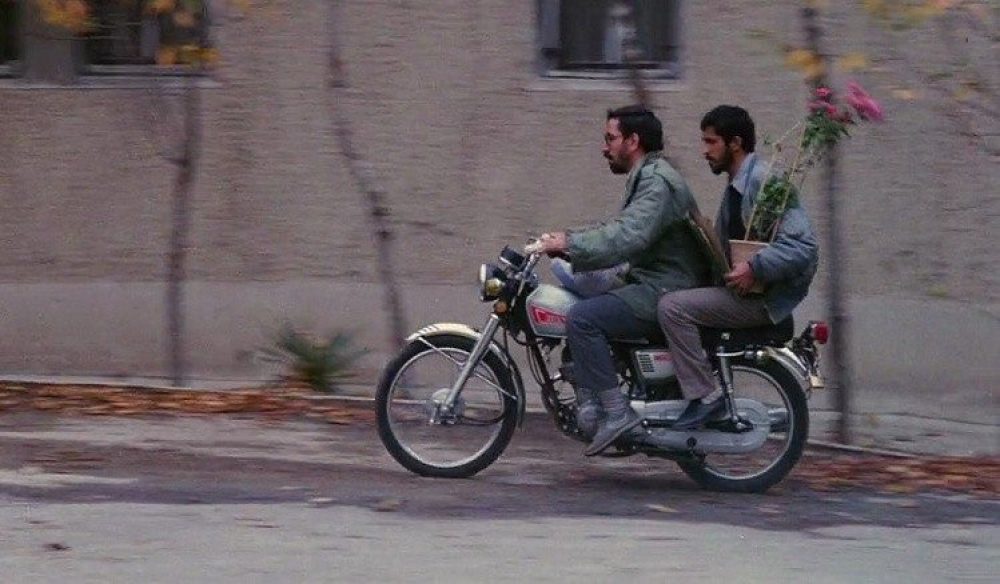Ali Shariati’s works effectively corroborate Seligman’s thesis that modernity’s wager was lost, or, perhaps better put, Seligman’s book provides justification for the ideologies and strategies that Sharihati used in helping to craft a new Iranian political consciousness. Seligman thought that modernity had failed society; while Shariati was not convinced that modernity in its generally accepted form had failed the world, he was certain that it did not provide the proper solutions for Iran.
Shariati, when viewed through a Seligman lens, was looking to reclaim modernity through surrendering individual or “rational” control over all decisions and creating a more centered populace capable of applying both logical thought and religious principle to events in their day-to-day lives. Just as Seligman viewed humanity as inherently based in some set of commonly accepted notions of “divinity,” Shariati saw Iran as naturally grounded in Islamic principles and having been tempted away from those principles by the West’s “violent road to modernity.” Shariati did not seek to wholly eradicate this modernity, recognizing that his people had reached a certain point of enlightenment at which it would be impossible for them to govern their lives solely on trust in Allah. However, he did envision a society in which the political intellectual freedoms protected and espoused by a republic would be counterbalanced by the fundamental code of Islam. Shariati’s writings can be seen as galvanizing a practical application of Seligman’s theory.
Regarding Vahdat, I see both Seligman and the Iranian thinkers we have studied as providing evidence for the possibility of a harmonious co-existence between universality and subjectivity. Philosophy is not reality however, and modern Iran (including events during the revolution that effectively created it) provides evidence that undermines the potentiality of said harmonious co-existence in its originally imagined form.

Shariati and Seligman | Iran, Islam, and the Last Great Revolution Fall 2018
What is your source for stating that “while Shariati was not convinced that modernity in its generally accepted form had failed the world, he was certain that it did not provide the proper solutions for Iran?”
I think that it would have been helpful to mention that although Iran is “naturally grounded in Islamic principles,” most Iranians still saw the outpouring of what we call “modern” as being the natural result of Iranian culture and advancement, through the technology-for-all that the West had initially produced and through the Eastern transcendental illumination which had already dominated much of Iranian culture.